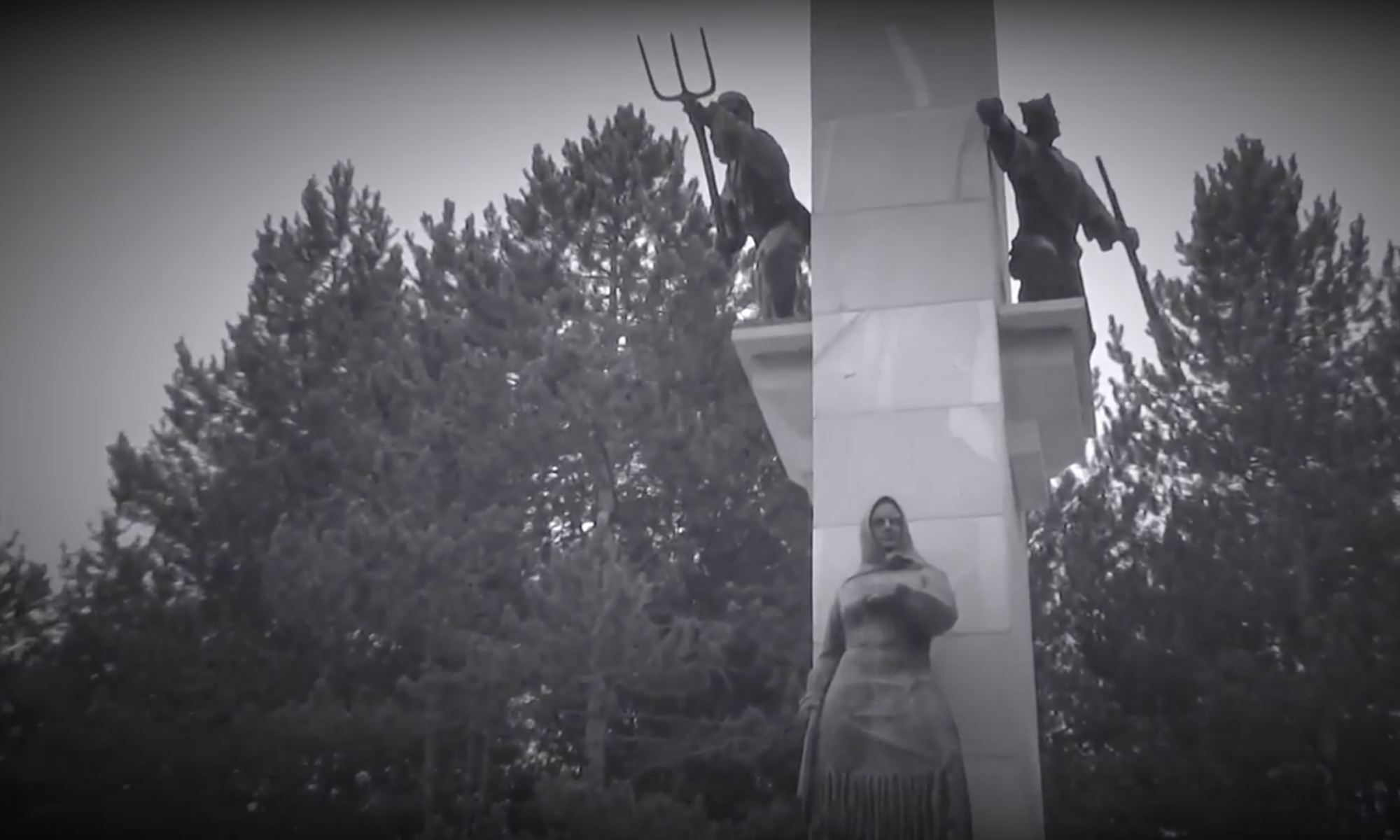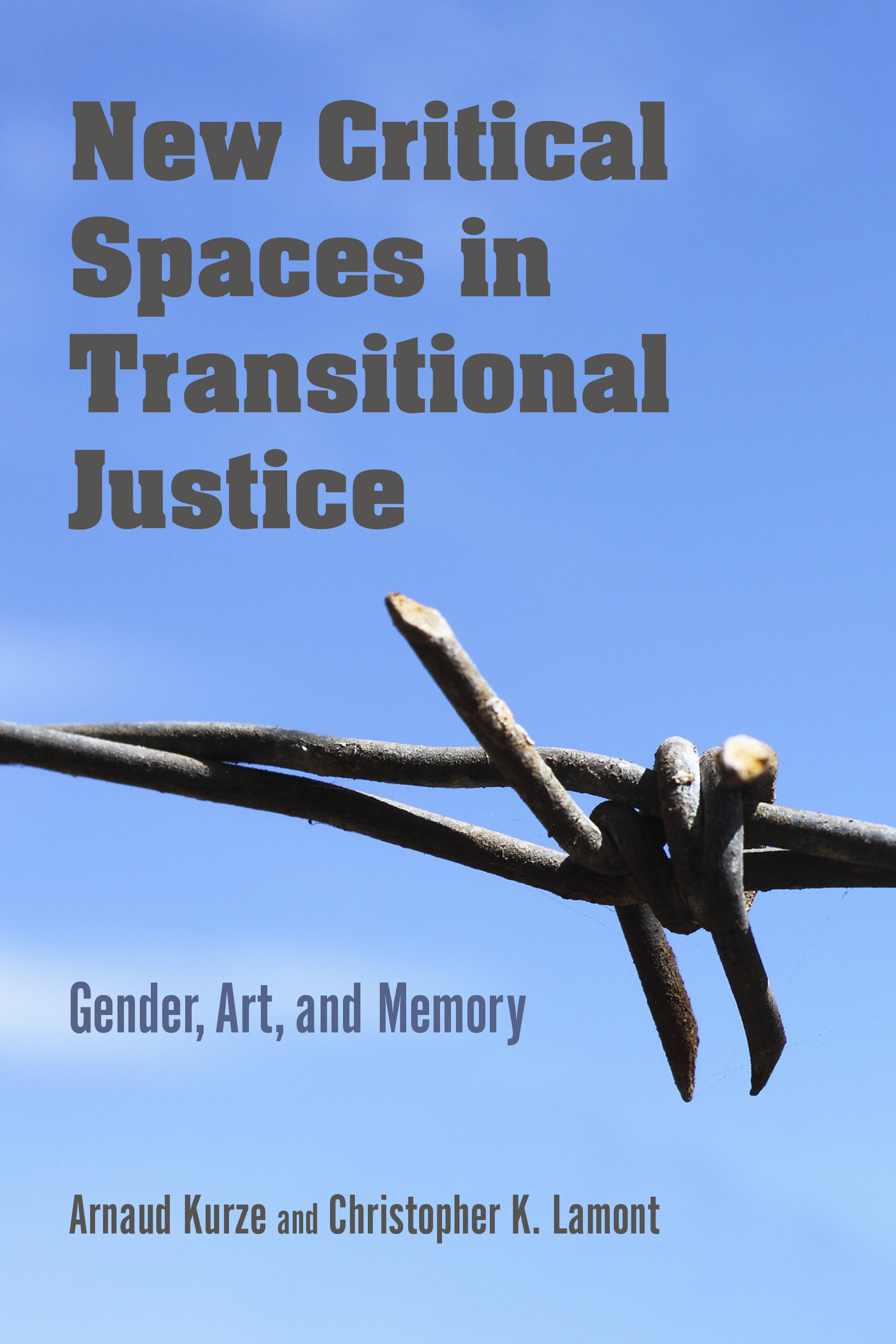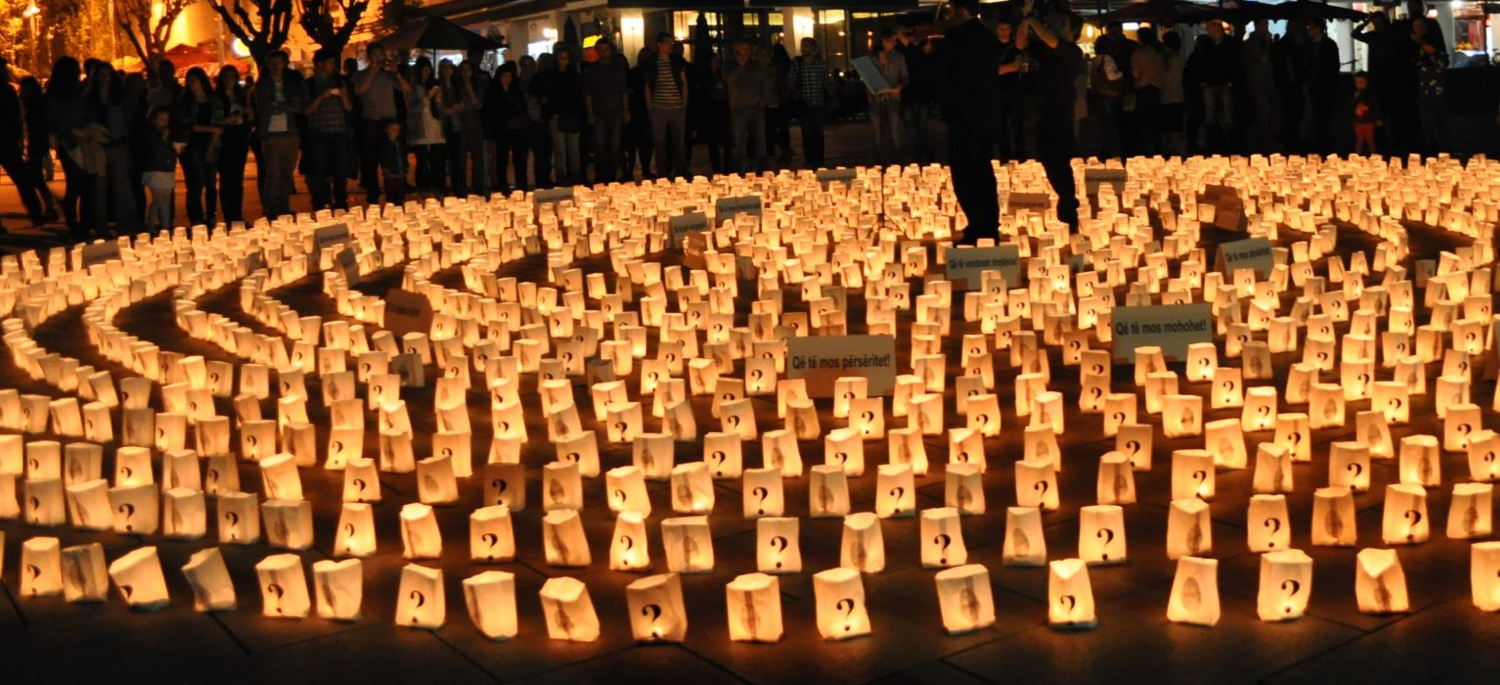Check out the latest publication by several of our Summer School scholars:
This edited volume was inspired by lectures, discussions and workshops held over the past few years on the island of Cres and helps to critically re-conceptualize the way we perceive and interpret the field of transitional justice based on new, innovative case studies.
Since the 1980s, transitional justice mechanisms have been increasingly applied to account for mass atrocities and grave human rights violations throughout the world. Over time, post-conflict justice practices have expanded across continents and state borders and have fueled the creation of new ideas that go beyond traditional notions of amnesty, retribution, and reconciliation. Gathering work from contributors in international law, political science, sociology, and history, New Critical Spaces in Transitional Justice addresses issues of space and time in transitional justice studies. It explains new trends in responses to post-conflict and post-authoritarian nations and offers original empirical research to help define the field for the future.




